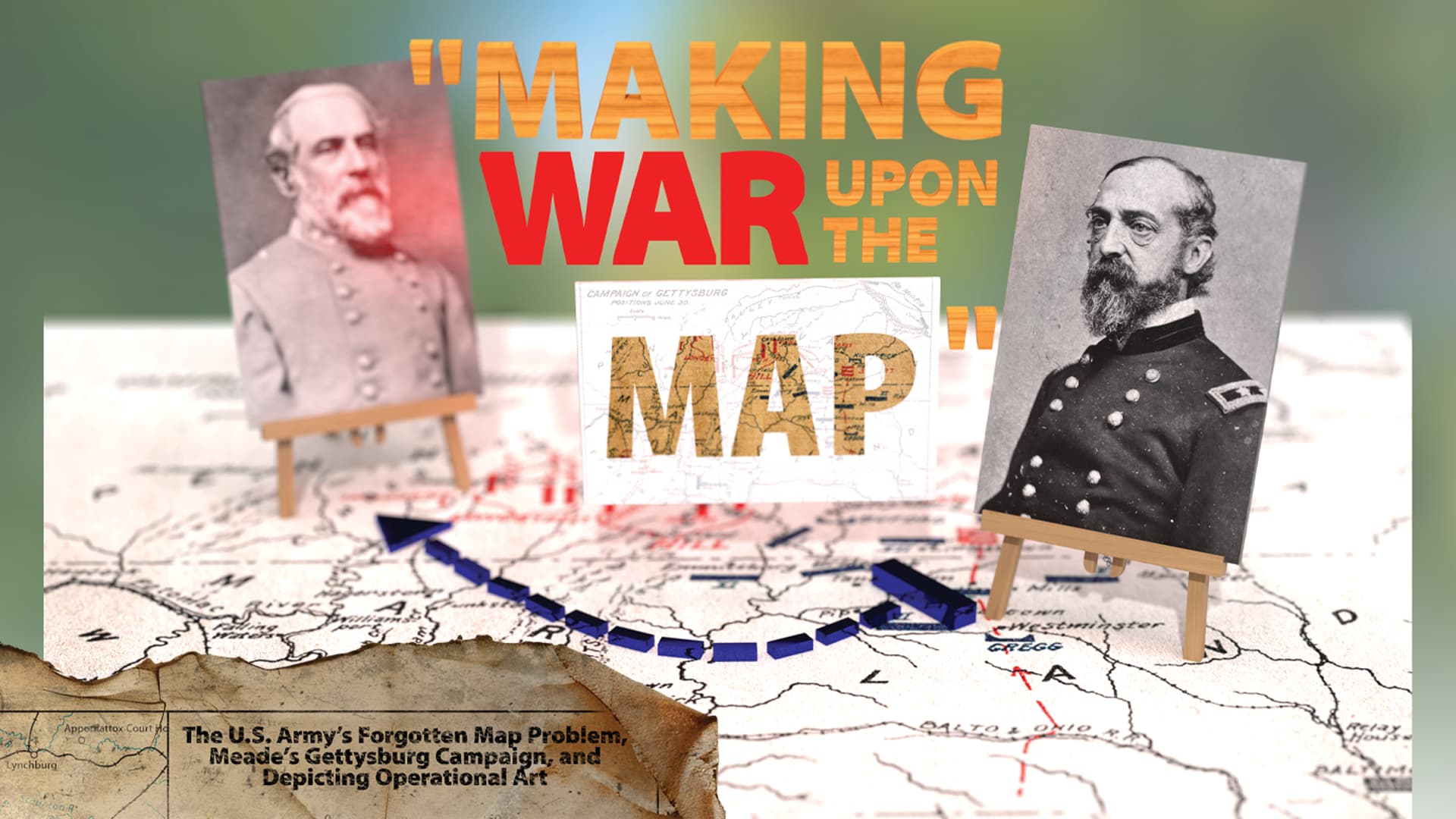The Importance of Interoperability in Military Police Law Enforcement
By Captain Justin A. Kane and First Sergeant Brian A. Everhart
Article published on: January 1st, in the Military Police 2025 E-Edition
Read Time: < 4 mins

The contents of this article do not represent the official views of, nor are they endorsed by, the U.S. Army, the Department of Defense, or the U.S. government.
As the U.S. Army continues to operate in a rapidly changing global environment, the need for effective interoperability among military police units has never been more critical. In the context of law enforcement, interoperability refers to the ability of different units, agencies,and nations to seamlessly work together, sharing information, resources, and best practices to achieve common goals. For military police units, interoperability is essential for ensuring the safety and security of personnel, equipment, and military operations.
In recent years, the U.S. Army has placed significant em
phasis
on building partnerships and fostering cooperation
with international allies and partners. This has led to the
increased presence of U.S. military police units in various
regions, including eastern Europe, where they work closely
with host nation law enforcement agencies and other coali
tion
forces. However, this increased presence also presents challenges, particularly when it comes to interoperability.
- training and exercises help build relationships, develop trust, and enhance interoperability among units. Informal engagements, such as physical readiness training, luncheons, sporting competitions, and invitations to unit events, create a warm environment for fostering relationships.
•
Share information
Authors
Captain Kane is the company commander for the 984th Military Police Company. He holds a master’s degree in organizational security management from Webster University.
First Sergeant Everhart is first sergeant for the 984th Military Police Company. He holds a bachelor’s degree in criminal justice from Purdue Global University.